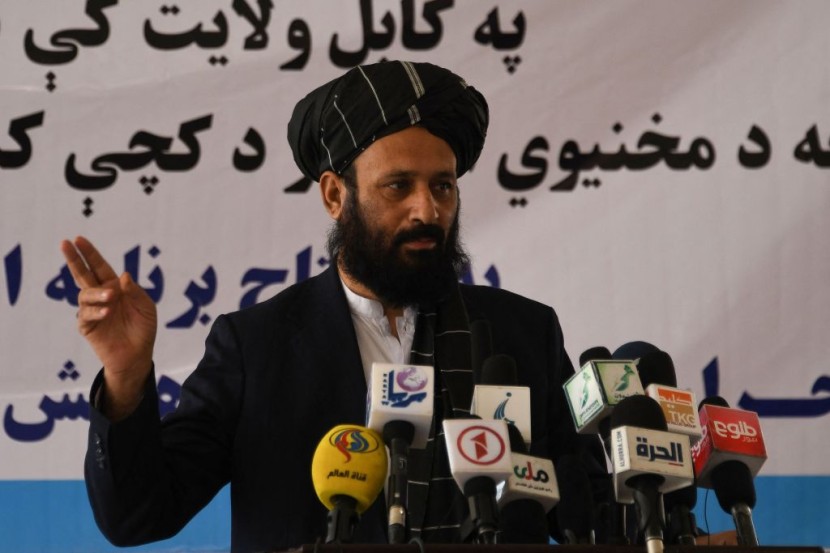As the country's deteriorating economic crisis and widespread famine persist, the Taliban administration has appealed to international nations to unfreeze billions of dollars in central bank currency reserves held in foreign banks.

Taliban Asked The United States To Unfreeze Its Financial Assets
In a published article in Newsweek, during a meeting with US officials in Doha, the Taliban delegation requested the United States of America to unfreeze Afghanistan's central bank deposits. It was the first formal meeting between the two parties since the Taliban gained control of Kabul's government.
According to a statement released by the interim Taliban officials, political concerns were addressed in depth at the conference, and the Islamic Emirate saw full implementation of the Doha Agreement as the best method to resolve conflicts.
When asked whether the Taliban delegation brought up the matter of providing cash to the Afghan central bank during the meeting, spokeswoman Suhail Shaheen responded that all issues of importance were addressed by both sides. Foreign Minister Amir Khan Muttaqi, who led the Taliban delegation, pushed the US to unfreeze Afghanistan's central bank funds, according to a published article in India Today.
Read Also : IMF Refuses to Release $450 Million to Afghanistan; Taliban Cannot Access Most Afghan Central Bank Assets
Billions of Dollars Stored in Foreign Countries
Prior to the Taliban's takeover, Afghanistan's government had billions of dollars in reserves stashed in institutions throughout the world, including the US Federal Reserve and a number of European central banks. These governments choose to freeze these assets after the fall of the Western-backed Afghan government.
Finance ministry spokesman Ahmad Wali Haqmal said "The money belongs to the Afghan nation. Just give us our own money. Freezing this money is unethical and is against all international laws and values," according to a published report in Reuters.
Meanwhile, Haqmal said that the Taliban rule will protect human rights, with the exception of LGBTQ+ persons, and that women would be allowed to attend school. Women were barred from work and education under the Taliban's previous administration, which lasted from 1996 to 2001, and they were not permitted to walk to specific locations without the presence of a male. The regime's human rights violations have been a focal focus of Western disapproval.
Humanitarian Catastrophe in Afghanistan Looms
A humanitarian disaster looms in Afghanistan, according to Human Rights Watch, as the country's banks remain shuttered and food prices continue to rise. Prior to the regime shift, 30 percent of the nation was suffering from severe food insecurity. According to the most recent statistics acquired by the World Food Programme, that figure has now grown to almost 50 percent.
In a published article in The Guardian, Western powers have tried to avert a humanitarian tragedy, but these countries have refused to recognize the new administration. While the US has said that it would not hand over the majority of Afghanistan's assets, certain European countries have stated that they will consider doing so.
Germany owns around half a billion dollars in Afghan finances, while Switzerland has about $660 million. According to Shah Mehrabi, a member of the Afghan Central Bank's board of directors, the government needs $150 million every month to avert an "imminent disaster." If Iran does not get such funding, Europe may be forced to bear part of the country's agony, according to Mehrabi.








